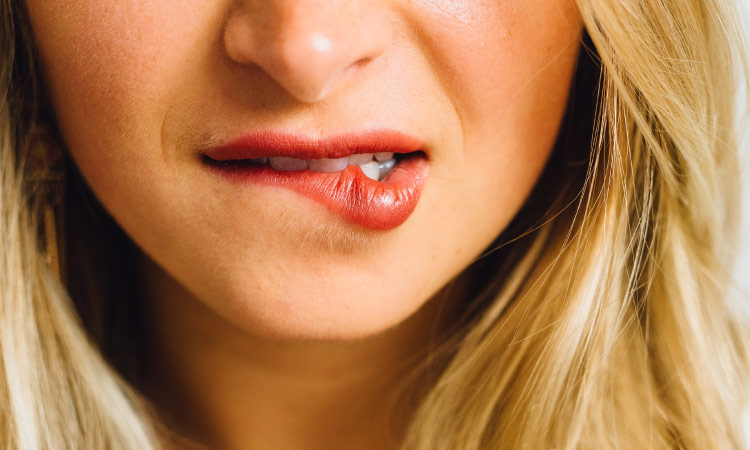What Is a Canker Sore and How Can I Treat It?
If you’ve ever developed a canker sore, you know just how uncomfortable they can be. Although medical researchers don’t know exactly what causes canker sores to develop, we know that certain factors may make a person more likely to develop a canker sore. To learn to spot the warning signs of a canker sore and some steps you can take to avoid them, read on!

What Is a Canker Sore?
Although canker sores and cold sores are often confused, they are very different things. Cold sores are caused by a virus, extremely contagious, and are fluid-filled blisters that occur outside and around the mouth. On the contrary, canker sores are actually small ulcers that appear inside the mouth. They tend to make chewing and talking uncomfortable, so we encourage our patients to take steps to avoid them.
How Can I Avoid Canker Sores?
The medical community is undecided about what exactly causes canker sores, but most believe that stress and tissue injury are the two main causes. Additionally, a diet high in acidic food and drink like coffee or citrus can make you more susceptible to developing canker sores. Other times, dental appliances or an unusually sharp tooth surface can irritate the mouth and cause a canker sore to develop. If you notice a tingling or burning sensation, discoloration, or round white or gray sores inside your mouth, you may have a canker sore.
How Do I Treat Canker Sores?
Smaller, more minor canker sores tend to heal on their own after a week or so. However, larger sores may require treatment in the form of special mouth rinses, oral medications, or other dental procedures. Larger sores requiring treatment are relatively rare.
To ask our team any other questions about canker sores or to schedule your next visit, contact our office today!